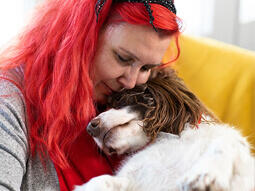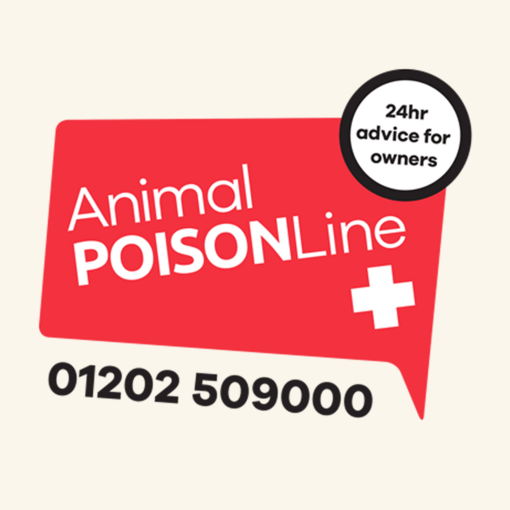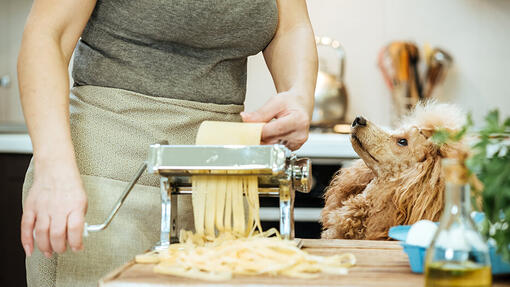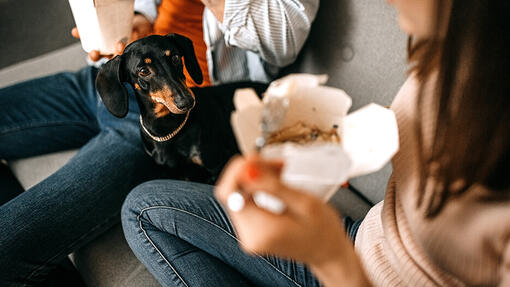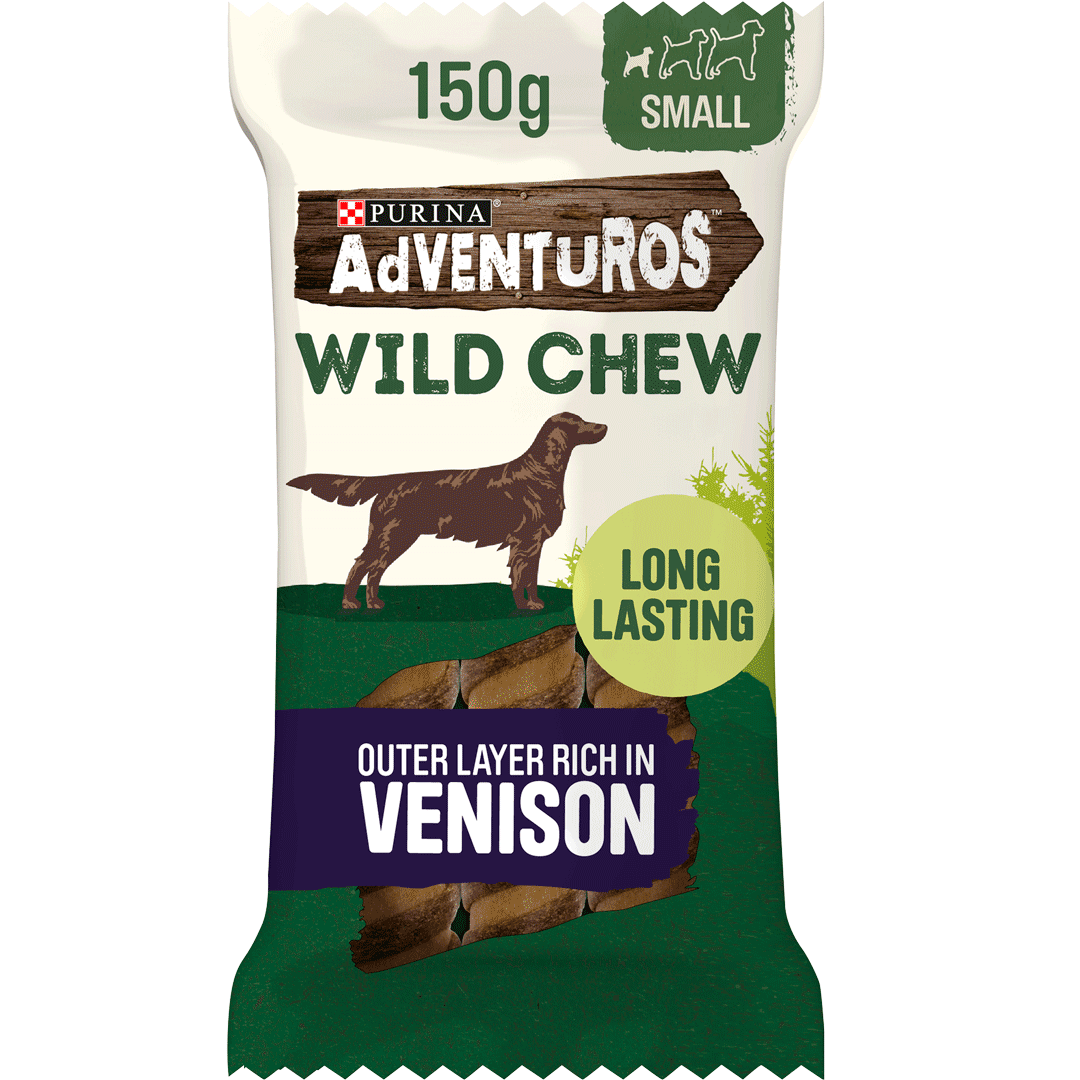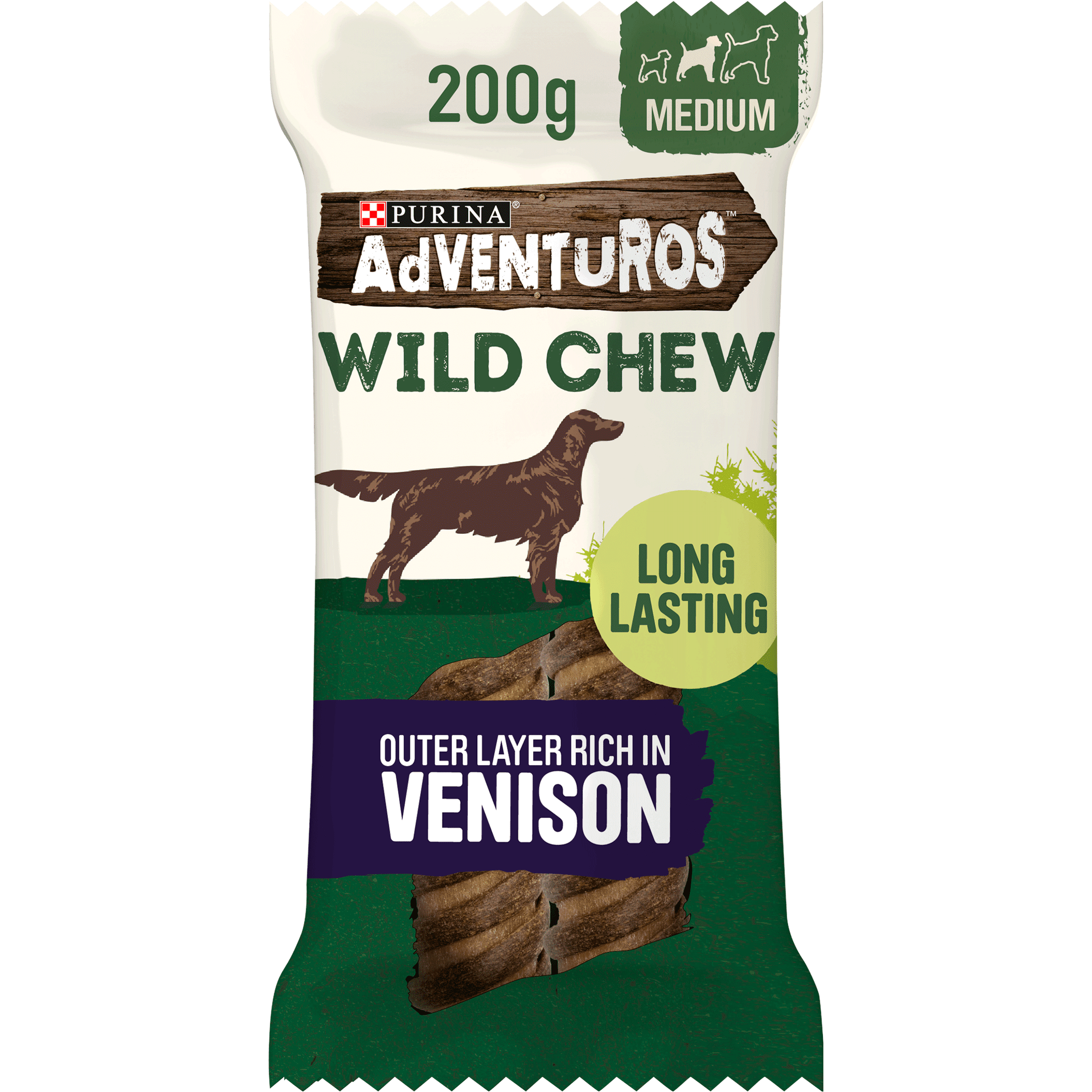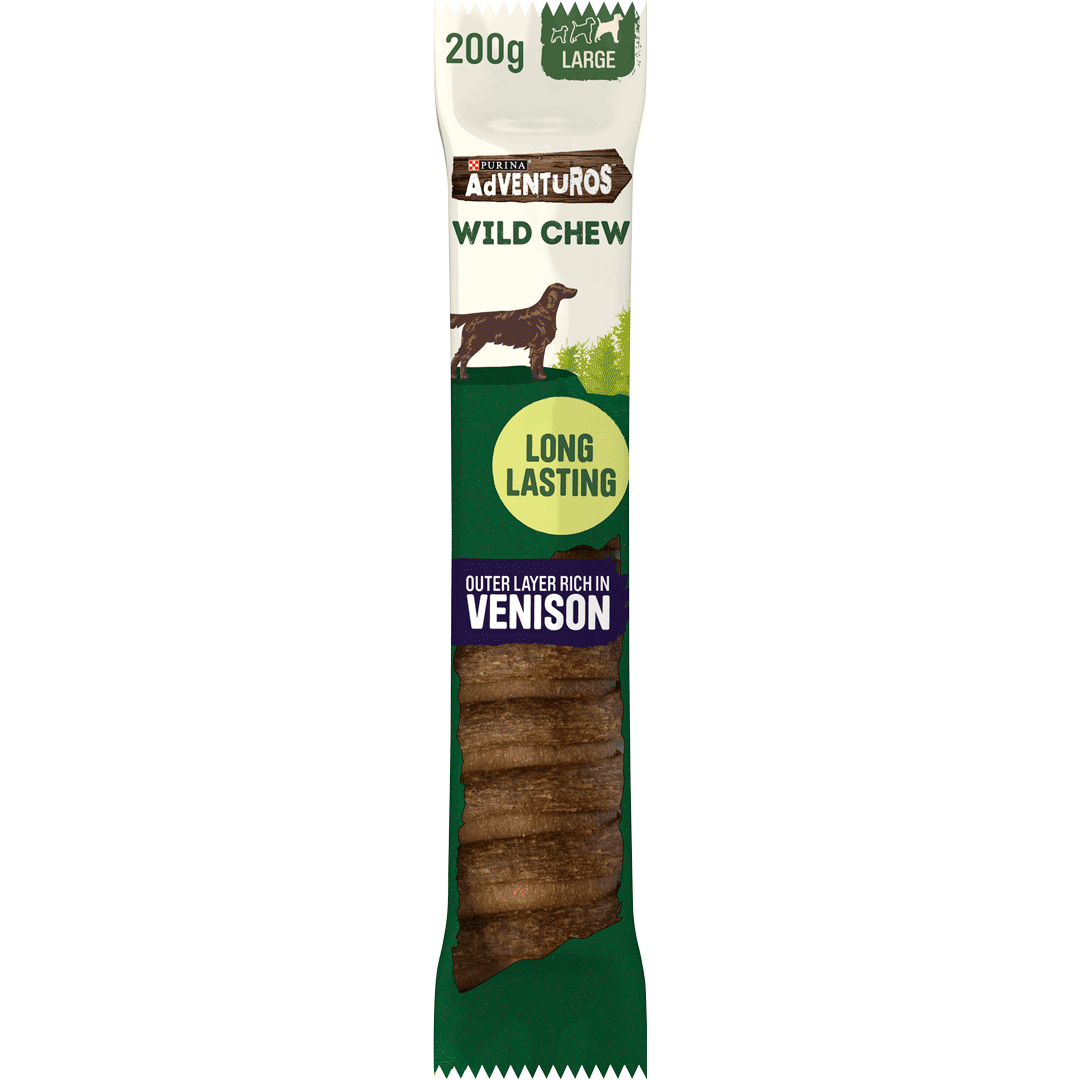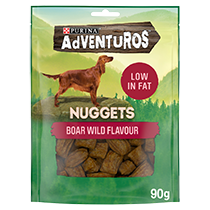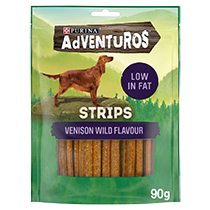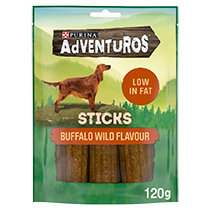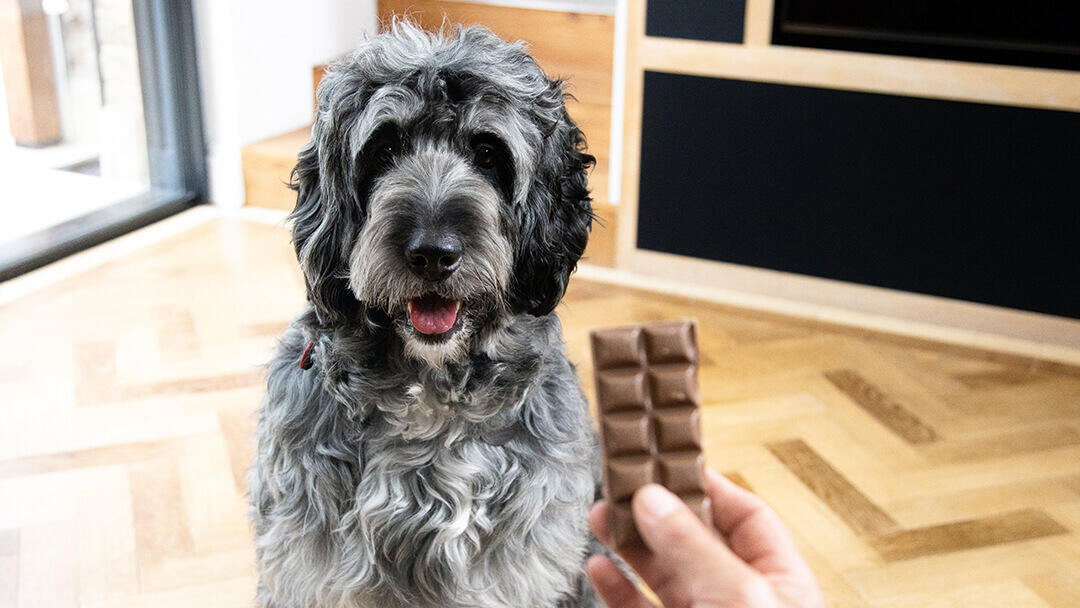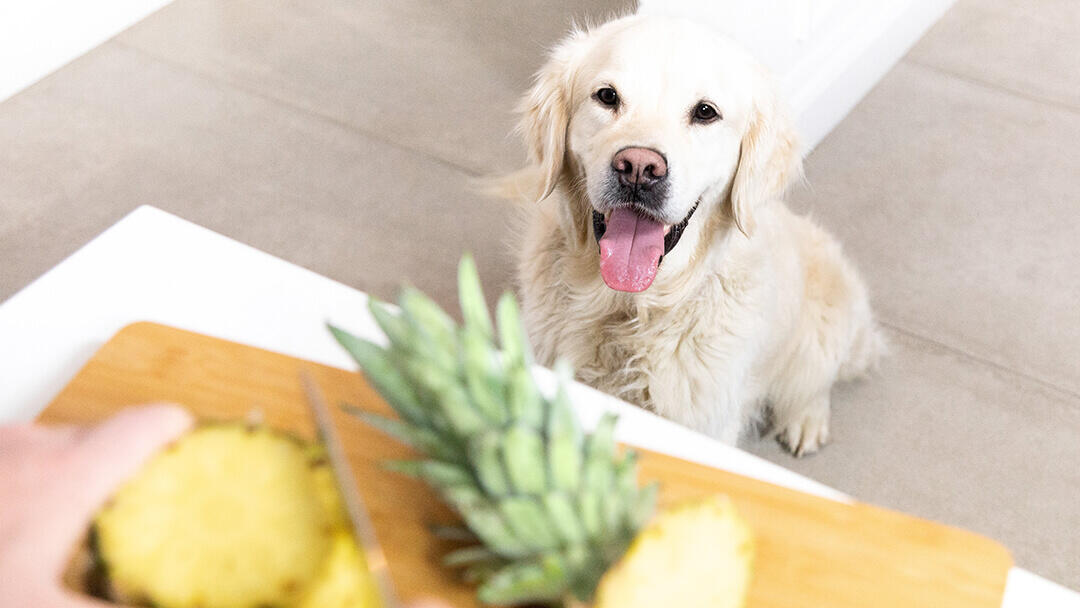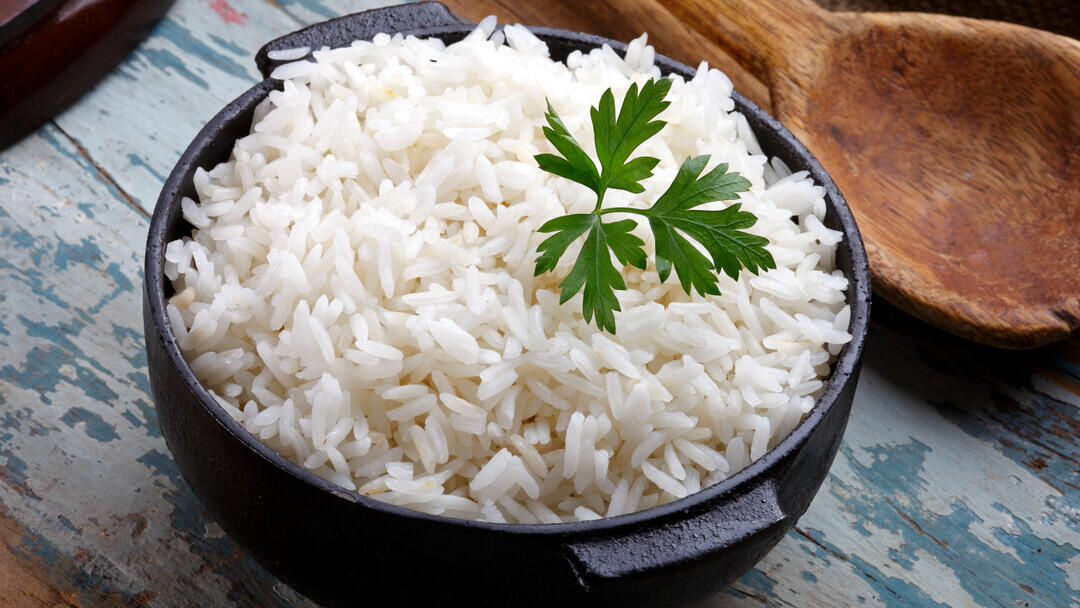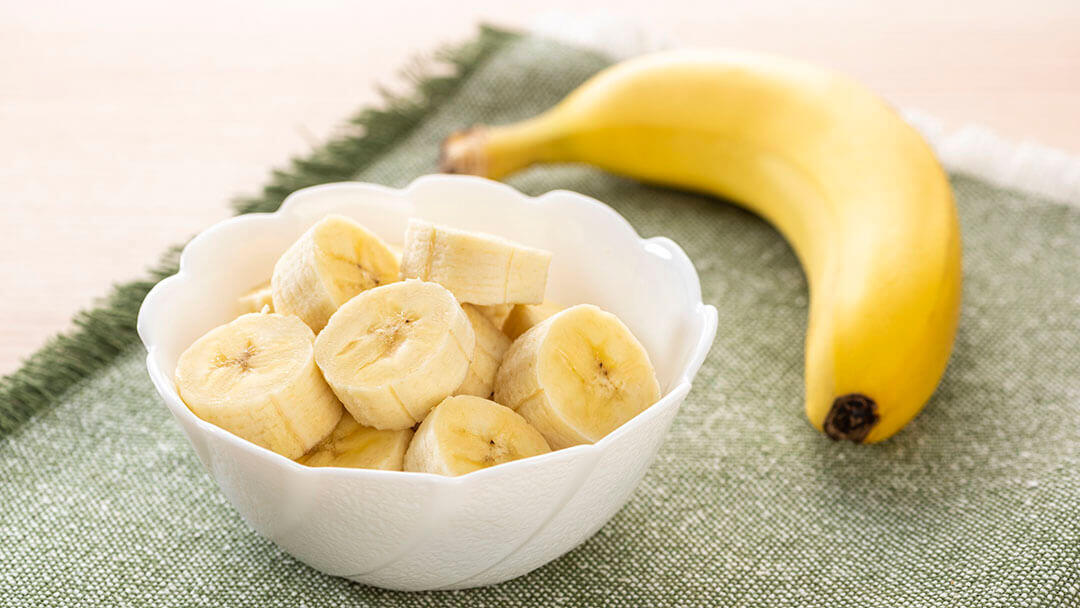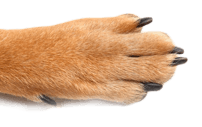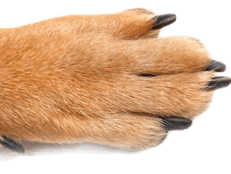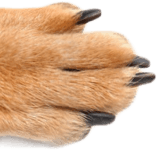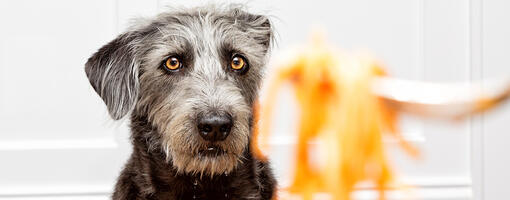
Have the creators of the iconic Lady and the Tramp spaghetti scene taken artistic licence or does pasta really make a safe and delicious meal for our canine friends? Some of our favourite human foods are known to cause serious health issues for our pets, so it’s natural for owners to worry that spaghetti or noodles might belong to the same category of harmful foods.
If you’re wondering whether dogs can have pasta or not as you dig into the delicious heap of spaghetti on your plate, here is what you need to know about this food and your dog’s nutritional needs so you can make the best decision for their health and wellbeing.
Can dogs eat pasta?
Dogs can have pasta, but there are a few important caveats. You should only offer them pasta that’s been cooked without sauces or salt. This is why the delicious heap of pasta on our plates is usually not the kind of treat dogs should have, especially if ingredients toxic to our pooches such as garlic or onions are part of the recipe.
Plus, the pasta itself should not feature on your dog’s menu too often as it can lead to extra pounds for your pet. So, if you do decide to spoil your dog with this human food, make sure it’s only a small quantity once in a while.
As always, it’s best to ask the vet’s opinion before adding any human food such as pasta, noodles or spaghetti to your dog’s diet.
Is pasta good for dogs?
Pasta isn’t necessarily bad for dogs in that it’s not toxic for them, however it’s also not a part of their normal balanced diet. Whether or not you should give your dog pasta will depend on how often they get to have their own Lady and the Tramp moment and if they have any health conditions. Dogs can have pasta if they’re not suffering from sensitivity to grains or wheat allergy. But keep in mind that they won’t get much nutritional value out of this food. After all, pasta is mainly carbohydrates, which in the right amounts give your pet some tail-wagging energy, but in large quantities can be detrimental to their weight and health. It’s also important to remember that dogs can easily get this energy (along with a lot of other important nutrition) from a good quality dog food.
Therefore, your dog is okay to enjoy the occasional titbit of pasta, but it shouldn’t become a regular part of their main meal.
Can dogs eat spaghetti?
The good news is that dogs can have spaghetti too, but only the plain kind. Although the sauces we use are the best part about this dish, the ingredients in them can bring about a world of problems for your dog. It’s not just because of ingredients such as garlic which is toxic for them.
Even the salt or sugar content usually present in spaghetti sauces can be enough to cause issues for a dog’s digestive system.
You can offer your dog spaghetti every once in a while, but only when cooked without additional ingredients.
Can dogs eat noodles?
Dogs can eat noodles but only as a special treat. Noodles are not very well suited to a dog’s nutritional needs. Even though they are not toxic to dogs, they can contribute to weight problems due to the high content of carbohydrates.
So, if your dog has accidentally ended up with a piece of noodle in their mouth, chances are they’ll be okay, but do keep an eye on them just in case any unusual symptoms show up. As for letting noodles make regular appearances in your dog’s food bowl, it’s probably best to choose healthier dog treats or dog food instead that are more suited to their needs.
How to tell if your dog is having an allergic reaction to pasta
Extra calories and possibly toxic sauce ingredients are two reasons why the answer to the question ‘can dogs eat pasta’ is not a straightforward ‘yes’. But another worry owners may have when it comes to offering pasta to their pooches is the danger of them suffering an allergic reaction.
Pasta is usually made of simple ingredients such as flour, eggs and water. The main components to look out for are eggs and flour because these can sometimes trigger an allergic reaction. If your dog is suffering from wheat allergy or an intolerance to grains, here are some of the most common symptoms to watch out for: itching, diarrhoea, vomiting or constant pawing at their ear which might signal an ear infection, another common sign of wheat intolerance. Make sure you contact the vet straight away if your dog is showing any abnormal signs, so the problem can be diagnosed swiftly.
If you want to know more about why garlic sauces need to be kept away from a dog’s inquisitive nose, here is more information about garlic and dogs.

